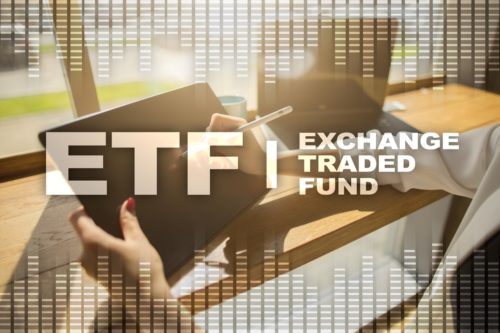
ETFs as benchmarks: is it time?
A topic that continues to gain attention is the massive increases that have occurred with market indexes. We regularly hear stories of firms being required to pay multiples of what they had been for some of the major ones.
Despite the evidence that less expensive equivalents are just as good,* many asset managers and consultants are being required to continue to use both the more popular and more expensive ones.
What alternatives do they have?
Perhaps it’s time to consider exchange traded funds (ETFs). And so,
Why not ETFs as benchmarks?
Is it reasonable to consider, for example, to use an S&P 500 ETF as an alternative to the S&P index? The ETF is, by design, intended to mimic the index. Not only is it perhaps a viable alternative, one might say that it’s a preferred alternative: it’s arguably better than the index itself! Consider the following:**
- ETFs are “investible.” That is, you can invest in them. You technically cannot invest in an index. Recall that being “investible” is considered a beneficial criterion for benchmarks.
- ETFs cover many markets that are represented by indexes, especially the major ones. Thus, they can be used to substitute for many market indexes you’re using.
- They cost nothing! A huge difference with what market indexes cost, especially the major ones.
- They hold real assets.
- Their returns are net of transaction costs.
- Their constituents are available.
I’m particularly intrigued with #5. In fact, I would argue …
Shouldn’t your benchmarks be net of transaction costs?
When you compare your portfolio’s return with a market index you are immediately disadvantaged, because the index’s return has no transaction costs. Does this make for a fair comparison? I would argue “no!”
Comparing your portfolio’s return against an ETF that represents the market provides you more of an “apples-to-apples” comparison, and eliminates the transaction cost issue. Is this not a better test of your investment acumen?
The time has come, the time is now
I’ve noticed a few of our GIPS® verifications clients substituting ETFs for market indexes. Shouldn’t you give it a try? Perhaps start with it alongside the market index you’re paying thousands or tens of thousands of dollars, pounds, or Euros for. We think you’ll find it provides a good or perhaps even better alternative!
What do you think? Please let us know.
Notes:
* See “Are All Market Indexes Created Equal?” Barney, Frances, et al. The Journal of Performance Measurement®. Winter 2015/2016.
** Some of these were offered by João Sousa Dias of BNY Mellon – Eagle Investment Systems at a recent meeting of the Asset Owner Round Table.
